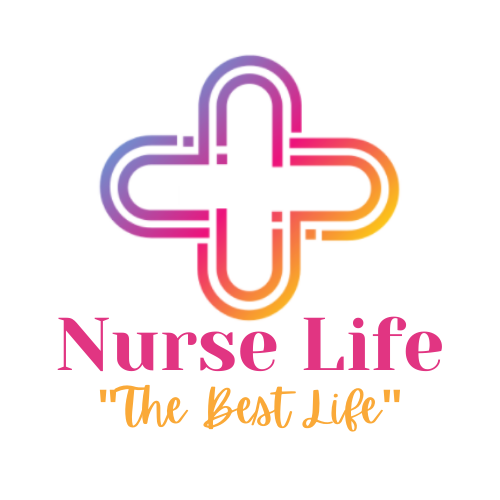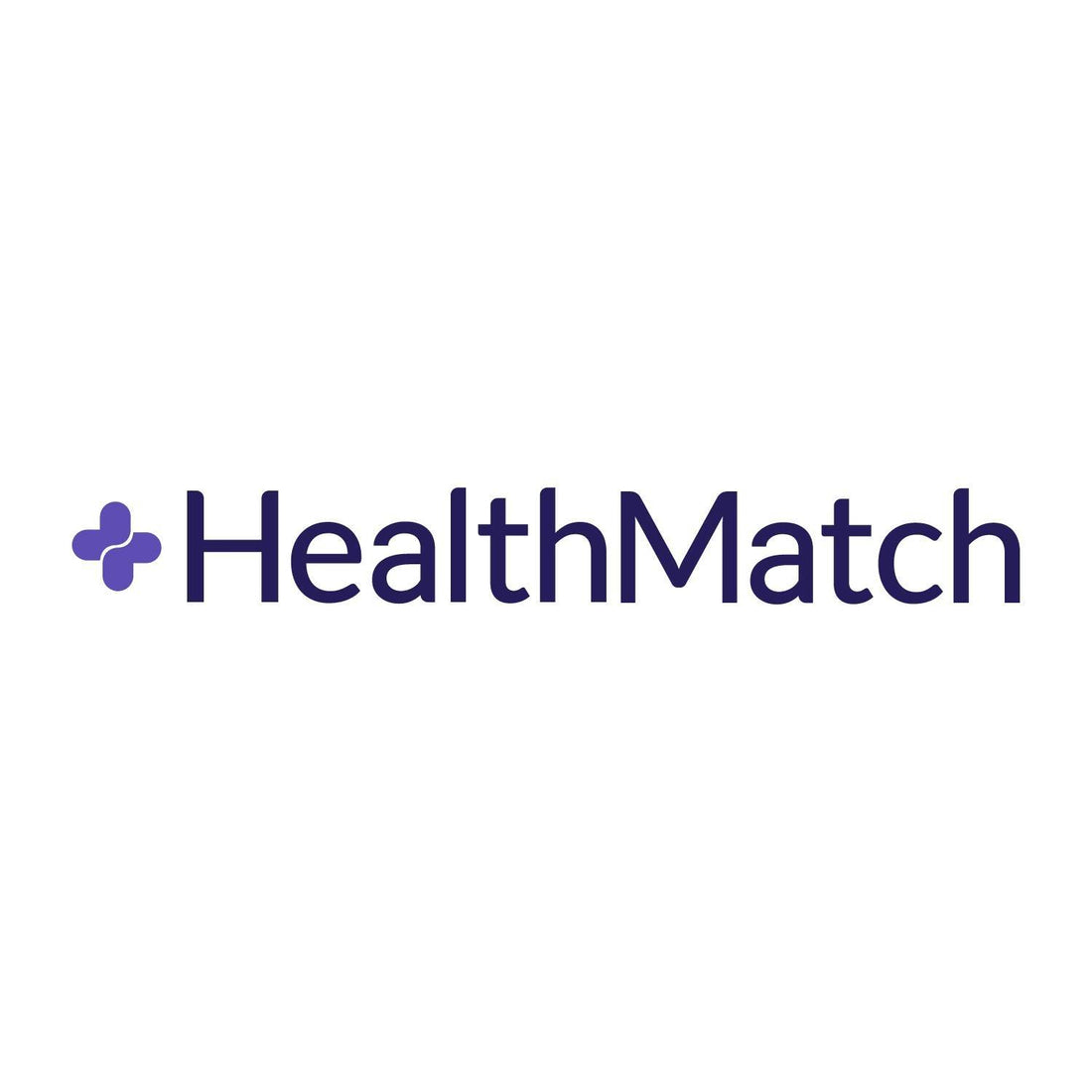Ovarian Cancer.
It doesn’t have an effective screening program. Symptoms can be mistaken for something else. It’s often caught too late. At HealthMatch, we don’t think it’s an ovary-reaction to say that this has to change.
Every year, 1,580 Australian women are diagnosed with ovarian cancer. Every year, 1,046 die from the disease. The average Australian woman has a 1 in 85 chance of being diagnosed with ovarian cancer by the age of 85.
Ovarian cancer occurs when abnormal cells develop in one or both of the ovaries – part of the female reproductive system – grown out of control, and form a tumour.
Looking for how to help someone with ovarian cancer? At HealthMatch, we’re bringing forward tomorrow’s treatments. We have more than nine trials available for ovarian cancer, including ones aimed at platinum-resistant ovarian cancer and biologic therapy.

FAQ
What is Ovarian Cancer?
Ovarian cancer is when abnormal cells in one or both ovaries – small almond-shaped organs that are part of the female reproductive system – start growing in an uncontrolled way. This then forms a malignant tumour.
There are several types of ovarian cancer. These include epithelial, germ cell and sex cord-stromal.
Epithelial is the most common type of ovarian cancer. It accounts for 90% of cases. This is when the cancer starts in the cells lining the surface layer of the ovary – the epithelial.
There are several sub-types of epithelial, including serous, mucinous, endometrioid, clear cell and undifferentiated.
Germ cell is a rare type of ovarian cancer, accounting for about 5% of cases. This type starts in the cells that produce the eggs – germinal cells.
Stromal cell is a form of rare cancer that starts from the structural tissues in the ovary. These structural tissues produce the hormones oestrogen and progesterone.
Anyone with ovaries can get ovarian cancer – this includes transgender men, female-assigned non-binary people and intersex people if they have ovaries.
Risk factors for ovarian cancer include increasing age; having endometriosis; hormone replacement therapy usage; being overweight; smoking, and more.
Hereditary factors account for 20% of ovarian cancers. This includes inherited mutations in genes such as BRCA1 or BRCA2 genes, or having a strong family history of ovarian, breast, colorectal or endometrial cancers.
What are the symptoms of ovarian cancer?
There may be no symptoms for the cancer in its early stages. When they do occur, they consist of a swollen or bloated abdomen; abdominal or pelvis pain; feeling full quickly; increased and urgent urination.
Other symptoms may include indigestion; nausea; tiredness; pain during sex; lower back pain, and more.
How do you treat ovarian cancer?
Treatment for ovarian cancer is dependant on a number of factors. These include the type of cancer, the stage, plans for future children, whether you carry a faulty gene, general health and fitness and more.
Stage I epithelial cancers are usually treated with surgery alone. People may be offered chemotherapy following the surgery if there is a high risk of the cancer returning.
Stages II, III, and IV of epithelial are usually treated with a combination of surgery and chemotherapy. Radiation therapy is offered in some cases.
Germ cell is also treated with surgery, and may also be treated with chemotherapy.
Surgery is also the treatment offered for stromal cell. This is sometimes followed by chemotherapy or targeted therapy.
Is there a cure for ovarian cancer?
The five-year survival rate is 45%.
Germ cell tumours can be cured with chemotherapy.
What is a clinical trial?
A clinical trial is a scientific study involving patient or non-patient (healthy) human volunteers. They help determine whether medicines are safe and effective to introduce as new treatments for a particular disease or condition.
How do I select a clinical trial?
HealthMatch matches you to clinical trials, in an easy-to-understand process.
After completing a medical questionnaire, our platform searches for and filters eligible trials for you. You’re able to view matches and apply for trials, on your trial dashboard.
We’ll put you in direct contact with the trial group once you’ve been accepted. We won’t stop searching until we’ve found you the right match.
Thank you to Health Match for sharing this information. If you would like to find out more about ovarian cancer clinical trial please visit HealthMatch - Ovarian Cancer Treatment and Clinical Trials
If you would like to be interviewed or write a guest post for the Nurse Life blog please get in contact at nurselifeaus@gmail.com
Stay safe brothers and sisters!

